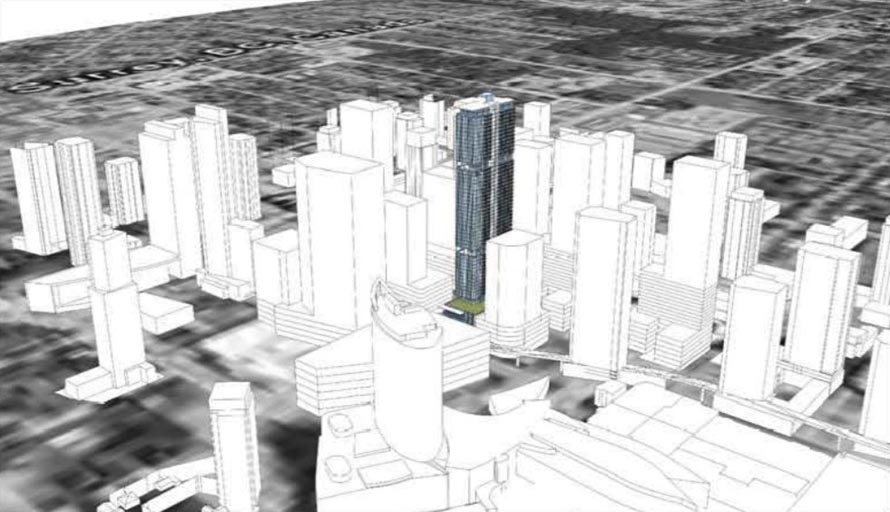Broadway corridor protected from land speculation
Cheryl Chan
The Vancouver Sun
Vancouver council approved new policies designed to curb land speculation and limit condo developments along the Broadway corridor.
On Wednesday, council adopted a new measure called the development contribution expectation (DCE) intended to limit land values in anticipation of the arrival of the Millennium Line extension to Arbutus Street.
It also adopted an interim rezoning policy that’ll be in place during the two-year planning period for a comprehensive Broadway plan.
“There’s lots of pressures here,” said Mayor Gregor Robertson. “We don’t want to repeat the mistakes past councils made in not doing the planning work in advance of the Canada Line and some other lines.”
The Broadway plan covers the area from Clark Drive to Vine Street and from 1st Avenue to 16th Avenue., a regional economic powerhouse that’s home to close to 70,000 jobs.
Staff told council the goal of the interim rezoning plan was to send a strict message that affordable social or supportive housing will be prioritized.
Proposals for condo projects aren’t going to be considered except under “exceptional circumstances” and only in certain zoning districts, mostly on main thoroughfares.
According to a staff report, the DCE rates — set at $330 or $425 per square feet depending on location — sets the expected benefit or contribution of the project to fund amenities to serve future growth.
The charge will be levied on additional density beyond what is currently allowed.
It will not be collected at the time of land sale or acquisition, but indicates the amount expected for future redevelopments, said the city.
Nineteen projects, mostly rental buildings and offices, that have already submitted a rezoning application or received a written green light from the city will be allowed to proceed.
While staff believes there hasn’t been widespread speculation along the Broadway corridor, there are cases it believes buyers are overpaying for land.
“There is evidence we are already seeing this upper pressure of land values because of the potential for additional density through the planning process,” Blair Erb of Coriolis Consulting, which worked with the city to determine the DCE, told council.
Andrew Grant, president of PCI Developments, told council the DCE will impact housing affordability as the fees will be passed on to buyers.
He estimates the DCE of $425 per square foot would add almost $280,000 to the cost of a 600-square-foot condo built west of Main Street.
“It’s not going to be a real deterrent to speculation, and I think it is going to add to home ownership costs,” said Grant.
In a letter to council on Wednesday, Urban Development Institute president Anne McMullin questioned the limitations placed on strata developments as they are likely the key source of funding for public benefits and amenities in the neighbourhood.
“If little or no strata development is allowed, it will be unclear how public benefits are funded,” she said.
McMullin said the DCE charges are “substantial” and will only add to government costs on housing.
Coun. Adriene Carr said the DCE could be an effective tool to stop the escalation of land prices, and doesn’t believe the cost would necessarily be passed on to homebuyers.
The Broadway planning process starts January 2019 and is expected to be completed in December 2020.
© 2018 Postmedia Network Inc.



